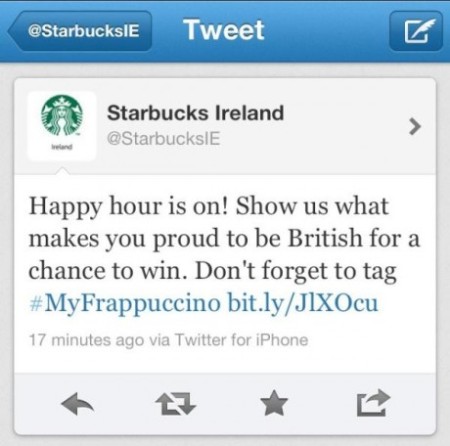Social media has once again blurred the lines of the law, as a judge recently ordered Google to reveal the names of reporters, bloggers and other commentators that have received payment. The court claims that Google’s financial relationships with these paid-writers may have crucial effects on uninformed parties’ opinions and analyses, to the point of being deceiving.
In a recent article from BBC, Tim Luchhurts, a journalism professor at the University of Kent, had the following to say on the matter:
“One of the key aspects that this highlights is the crucial difference between bloggers and professional journalists. Journalists are professionals who understand their obligation to their listeners and viewers – not the interested parties about which they are writing. Many bloggers ignore that distinction.”
Writers receiving payment to publish their opinions is not a new concept, but the publishing of their motives may be quite a game-changer. Online testimonials being driven by a salary, even if no dictation of content exists, will surely rule their accounts irrelevant. Imagine conducting some research on a product by turning to a, seemingly, third-party site. When the commenter raving about a product admittedly receives payment to rave about said product, their opinion will lose validity in the eyes of the internet.
Google may just have to develop another means of modern, strategic advertisement.





